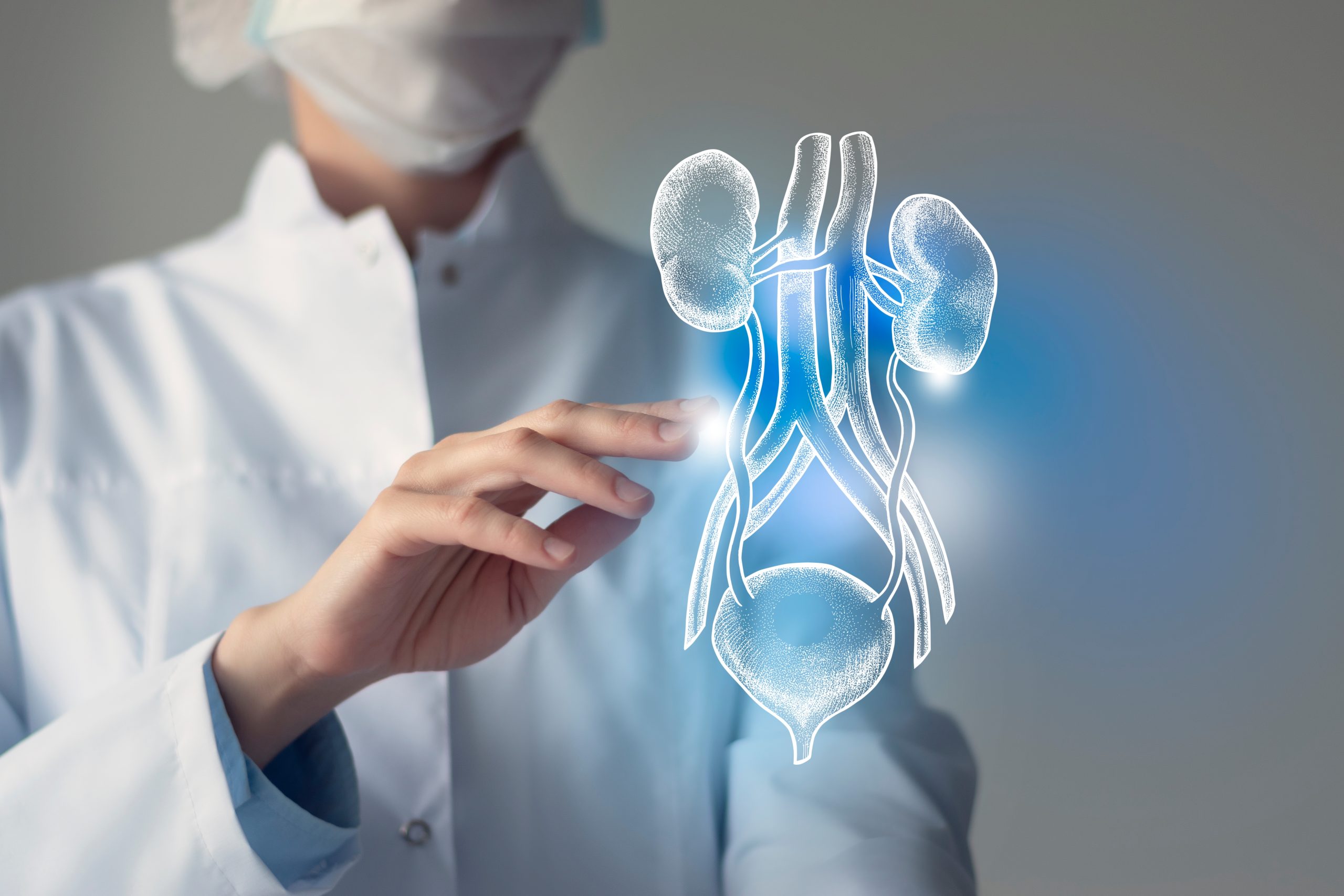
Symptoms:
The feeling that the bladder has not been emptied fully – Causes, Diagnosis & Treatment
Book Appointment



The sensation that the bladder has not been fully emptied, also known as urinary retention, can be a bothersome and sometimes concerning symptom. Understanding the potential causes, diagnosis, and treatment options is crucial. This persistent feeling can lead to frequent trips to the bathroom, impacting daily life and sleep. It’s important to consult with a healthcare professional to determine the underlying cause and receive appropriate treatment to alleviate this uncomfortable sensation.
Please complete the details and we will book you shortly.